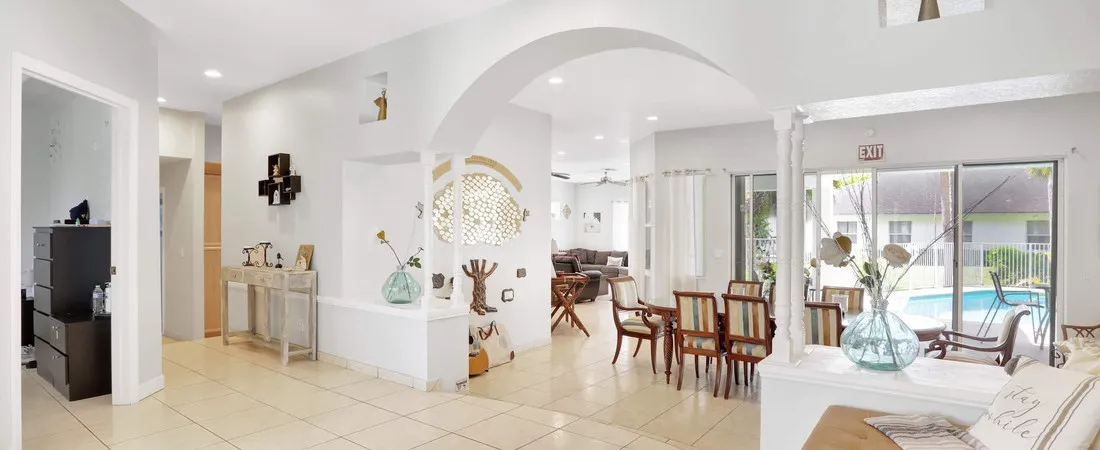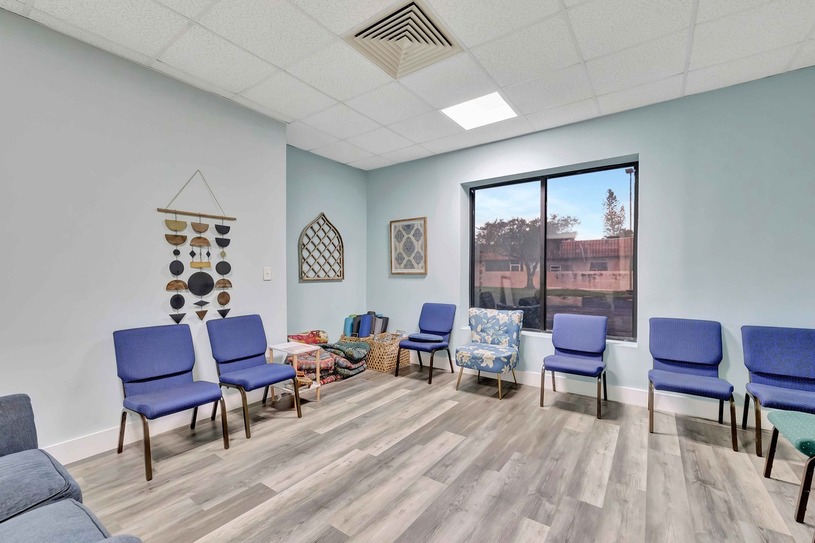Psychiatric and mental health urgent care involves emergency mental health services or immediate psychiatric care for crises. This page provides essential information on crisis intervention services and acute mental health care options in the Sunshine State. Continue reading for guidance on accessing emergency mental health support and resources for those in need.

Urgent Mental Health & Psychiatric Care: Crisis and Emergency Treatment in Fort Lauderdale, South Florida
What is a Mental Health Crisis?
A mental health crisis is a situation where an individual experiences profound distress or exhibits behaviors that pose an immediate risk to themselves or others. These crises can manifest in various forms, including severe depression, suicidal ideation, intense anxiety or panic attacks, psychotic episodes, substance abuse emergencies, or overwhelming trauma reactions.
It’s essential to recognize the signs of a mental health crisis, which may include expressing thoughts of self-harm or suicide, engaging in dangerous behaviors, experiencing hallucinations or delusions, or showing extreme agitation or aggression. Urgent mental health treatment and crisis stabilization services are critical in managing these situations effectively. Accessing timely professional help, such as contacting an emergency mental health helpline, crisis mental health intervention teams, or psychiatric emergency services, can provide the necessary assistance and ensure the safety and well-being of the individual in crisis.

Does Insurance Cover Crisis Mental Health Care?
Insurance coverage for crisis mental health care varies depending on your insurance plan and provider. Many insurance plans offer coverage for emergency mental health services, including crisis intervention, psychiatric assessment, and short-term treatment in urgent care settings. However, the extent of coverage, including copayments and deductibles, may differ among plans.
Navigating insurance coverage can be complex, and you can benefit from seeking assistance from mental health professionals or patient advocacy organizations to ensure the necessary support during times of crisis. At The Sylvia Brafman Mental Health Center, our patient advocates are ready to assist in verifying your rehab insurance coverage and facilitating emergency admissions to our South Florida-based treatment facility.
Which Insurance Providers Cover Urgent Mental Health Treatment?
Several well-known health insurance providers offer coverage for urgent mental health treatment, ensuring individuals can access timely care during crucial moments. Providers such as Blue Cross Blue Shield, UnitedHealthcare, Aetna, and Cigna typically include emergency mental health services coverage as part of their plans. This coverage may include crisis intervention, psychiatric assessment, and short-term treatment at urgent care facilities.
However, the extent of coverage varies depending on the specific policy details and additional factors. Call 877-958-9212 to review your insurance plan documents or contact your provider directly to understand the scope of coverage for urgent mental health treatment. Being informed about insurance coverage can help you navigate crises more effectively, ensuring mental health support and care when needed.
How to Find a Licensed Urgent Mental Health Care Provider in Fort Lauderdale, Florida
Finding an accredited and effective mental health program in Fort Lauderdale, Florida, committed to providing evidence-based care, such as The Sylvia Brafman Mental Health Center at 7710 NW 71ST CT, Tamarac, Florida, 33321, can be accomplished through various avenues. Below, we’ve provided a step-by-step guide to help you find a licensed, suitable urgent mental health care provider:

Mental Health Care Treatment Programs Offered by SBMHC
The Sylvia Brafman Mental Health Center (SBMHC), nestled in the picturesque state of Florida, is renowned for its dedication to providing evidence-based mental health care treatment programs. We offer a comprehensive range of specialized programs, including emergency mental health services, designed to effectively address various mental health concerns. Call 877-958-9212 to learn more about our programs briefly outlined below.

Therapies and Counseling for Urgent Mental Health Care
There are a multitude of therapeutic approaches aimed at nurturing individual well-being and facilitating a path to authentic healing. While the following list provides a glimpse into some prevalent treatment modalities utilized in effective urgent mental health treatment, keep in mind this isn’t complete. For more information about our therapeutic offerings at The Sylvia Brafman Mental Health Center, call 877-958-9212.

What is a Crisis Mental Health Treatment Facility?
A crisis mental health treatment facility provides immediate, intensive care for those experiencing acute psychological distress or mental health crises. These facilities offer a comfortable, supportive space for prompt assessment, stabilization, and treatment from trained professionals. Treatment modalities may include crisis intervention, medication management, psychotherapy, and more to alleviate distress, promote emotional regulation, and foster coping skills.
The primary goal of a crisis mental health treatment facility is to ensure the safety and well-being of individuals in crisis while addressing their immediate mental health needs. Through a combination of clinical expertise, compassionate care, and evidence-based interventions, these facilities help individuals stabilize and regain control over their mental health, facilitating the path toward recovery and long-term wellness.



